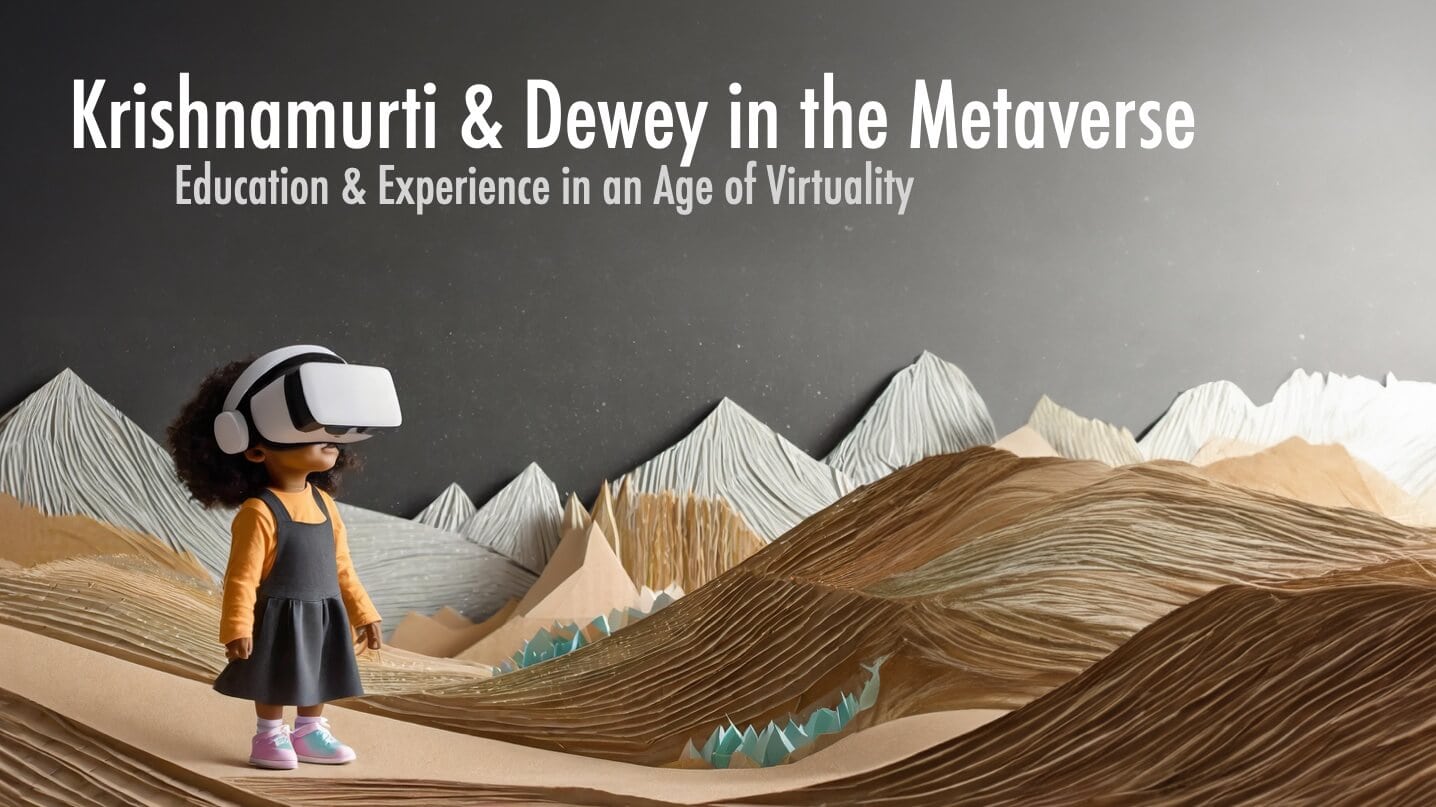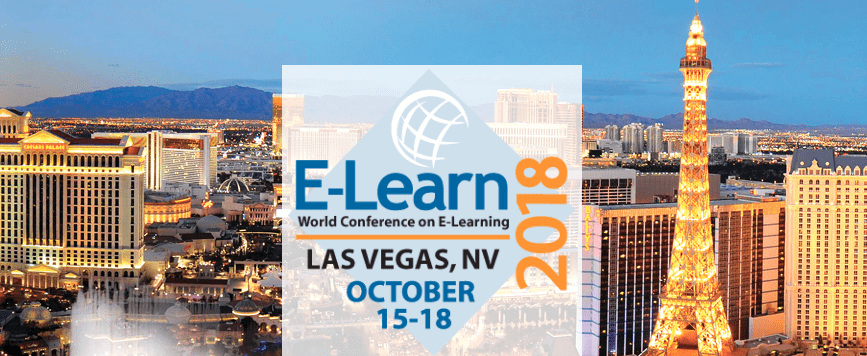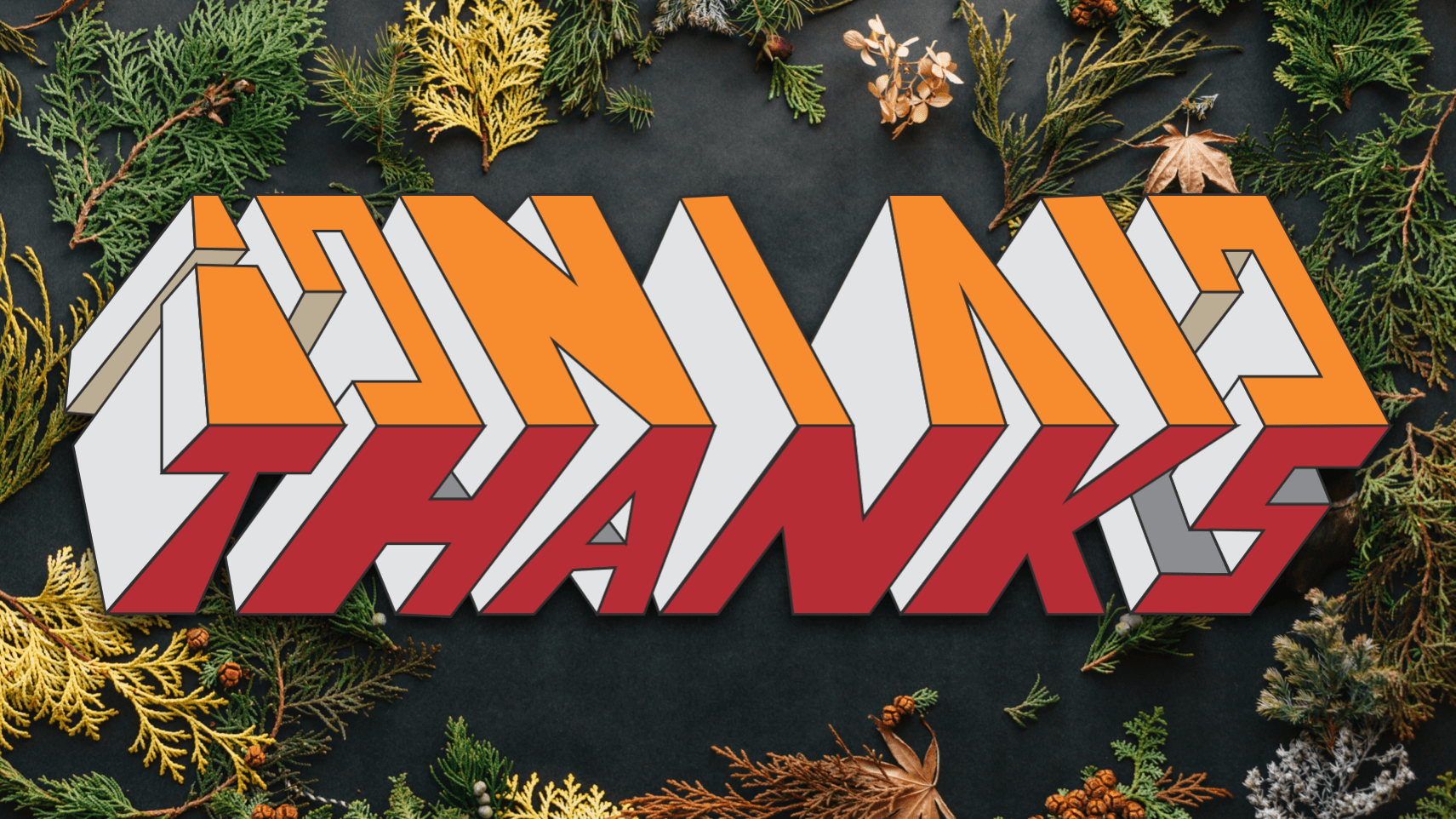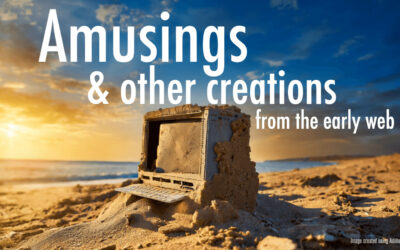What does it mean to have an educative experience?
As Dewey famously wrote:
The belief that all genuine education comes about through experience does not mean that all experiences are genuinely or equally educative ~ John Dewey
Questions such as these come to the forefront as our experiences become increasingly virtual and mediated by technologies like VR/AR, the metaverse and the more recently announced Apple Vision Pro. They push us to ask some fundamental questions about the nature of educational experiences and what learning truly means.
I was recently invited by my former professor Kirti Trivedi to write an article for a new journal he was starting, titled nEDU: A Journal of Innovations in Education. I decided to take this opportunity to dig deeper into what constitutes an educative experience in these technologically mediated times.
I invited Marina Basu, a doctoral student at MLFTC, to join me. Marina brought a deep humanism to this task and together we explored these issues through the lenses of two education philosophers: Jiddu Krishnamurti and John Dewey. Both Krishnamurti and Dewey emphasized the critical importance of direct experiences and inquiry over mere book learning for holistic individual development. That said, they also had some differences, particularly around the goals of education.
While Dewey approached the value of educative experiences from a pragmatic, democratic perspective and Krishnamurti viewed it more spiritually as a means for self-realization. In other words, Dewey saw educational experiences as fostering democratic citizenship through learners’ interactions with their environment, while Krishnamurti believed educative experiences should awaken intelligence and free the individual from societal conditioning through self-inquiry and right relationships.

We contrasted two examples to make their ideas more concrete – one from an actual classroom focused on hands-on, inquiry-based learning, and another hypothetical virtual experience allowing atomic-scale exploration impossible in the real world. The virtual example shows the amazing potential, but also raises questions about pre-programmed experiences disconnected from the learner’s reality.
Drawing on Dewey and Krishnamurti, we wondered about some questions educators should ponder as virtual experiences grow: How do we preserve self-inquiry and democratic principles? What about spontaneity when experiences are designed? Who shapes the worldviews “framed” into these virtual universes?
There is a lot in the article, too much to summarize here. The complete citation and link to the article is given below. But before that, just because we started with a quote from Dewey, let us end with one from Krishnamurti.
What do we learn from experience? We learn things like languages, agriculture, manners, going to the moon, medicine, mathematics. But have we learnt about war through making war? …You may build a better house, but has experience taught you how to live more nobly inside it? ~ Jiddu Krishnamurti
Mishra, P., & Basu, M. (2014). Jiddu Krishnamurti and John Dewey in the Metaverse: Education and Experience in an age of Virtuality. nEDU: A Journal of Innovations in Education, 1 (1) pp. 65-74.
Note: While writing this paper, back in April, I thought it may be fun to play a little experiment to see how generative AI would handle a possible conversation between JD and JK – and I wrote a blog post about my experiment: Krishnamurti & Dewey in the metaverse.





0 Comments